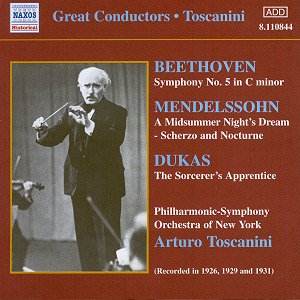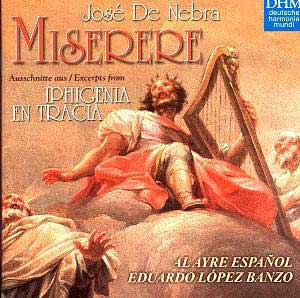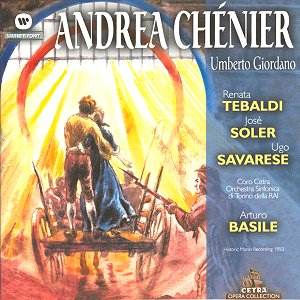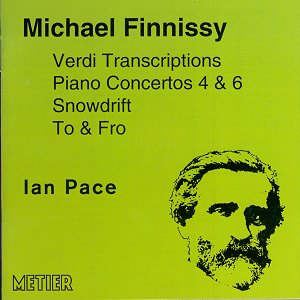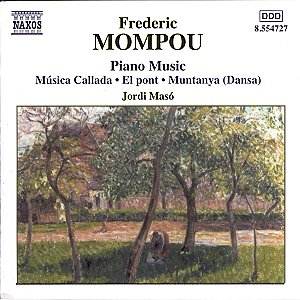 Composer: Frederic Mompou
Composer: Frederic Mompou
Works: Música Callada (1959–1967), El pont (1941), Muntanya (1915)
Performers: Jordi Masó (piano)
Recording: Auditori Enric Granados, Lleida, February 2000
Label: NAXOS
Frederic Mompou, a luminary of 20th-century Spanish music, channels a profound introspection through his piano works, particularly in his late masterpiece, Música Callada. Composed between 1959 and 1967, this collection, subtitled “Music without sound,” emerges from the depths of Mompou’s emotional landscape, inspired by the mysticism of Saint John of the Cross. The very title suggests a paradoxical interplay between silence and sound, prompting listeners to engage with the music not merely as auditory experience but as an exploration of the ineffable. This recording, featuring Jordi Masó, stands as the fourth volume in Naxos’s ongoing homage to Mompou’s piano oeuvre.
Masó’s interpretation of Música Callada is characterized by a delicate touch and an acute sensitivity to the music’s subtleties. Each of the twenty-eight short movements unfolds with a meditative grace, inviting the listener into Mompou’s contemplative world. Notably, Masó navigates the contrasting emotions woven into the fabric of the work, from the quietude of “Nocturno” to the more vibrant passages that evoke echoes of popular Spanish music, all the while maintaining a sense of cohesive narrative. His nuanced phrasing allows for the emergence of Mompou’s intricate harmonies and rhythmic complexity, particularly evident in the third book, where layers of texture reveal themselves upon repeated listens.
The recording quality is commendable, with a natural piano sound that enhances the intimate atmosphere of the performance. The engineering captures the resonances of the instrument beautifully, allowing the listener to appreciate the timbral richness of Masó’s playing. This clarity is particularly important given the intricate polyphony that characterizes many of the movements. The overall acoustic space of the Auditori Enric Granados adds a warmth that complements the reflective nature of the music, making for an immersive listening experience.
In juxtaposition to Mompou’s earlier works included in this collection—such as the impressionistic “El pont” and the youthful “Muntanya”—Música Callada presents a striking evolution in his compositional voice. The earlier pieces exhibit a lighter, more conventional idiom, with “El pont” evoking a charming simplicity in its tonal palette. However, they lack the emotional breadth and depth found in Música Callada, which embodies a mature synthesis of Mompou’s stylistic influences and personal philosophy. Masó’s approach to these earlier works, while less complex, showcases his ability to infuse them with warmth and charm, providing a well-rounded exploration of Mompou’s piano repertoire.
The depth of Masó’s interpretation, combined with the high-quality recording, makes this release a significant contribution to the understanding of Mompou’s music. For those new to Mompou, exploring his earlier volumes may enhance one’s appreciation for the intricate nuances of Música Callada. Each listen reveals layers of meaning that resonate long after the music has ceased. This recording not only honors Mompou’s legacy but also serves as a compelling invitation to delve deeper into the complexities of his musical world.
